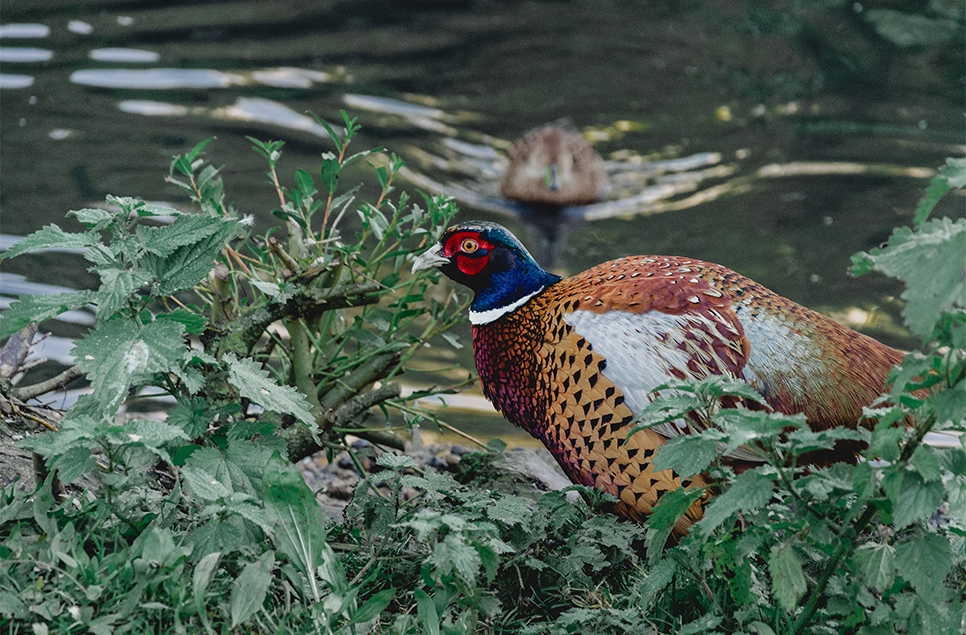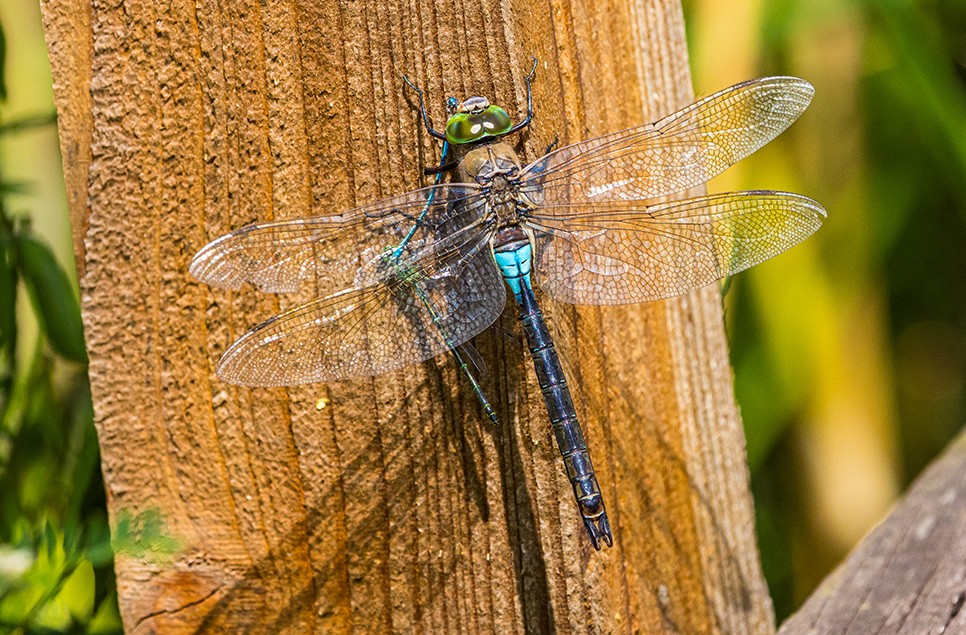Government admits delay on toxic lead shot ban despite its presence in 93% of pheasants destined for dinner tables
The government has quietly admitted in response to a parliamentary question that progress on banning the use of toxic lead shot for hunting has been delayed again with a decision on the issue not expected until “later this year”, despite it considering restrictions since 2021.

The latest delay comes as research led by the University of Cambridge, in collaboration with WWT and other partners, found that 93% of pheasants destined for human consumption were killed using lead ammunition in the 2023/24 season, despite an industry pledge to phase out the poisonous shot.
While UK shooting organisations called for a voluntary phase out of lead shotgun ammunition over five years in February 2020, research published today has shown that voluntary measures have only achieved a marginal reduction in the spreading of this toxic metal across our countryside.
The use of lead shot, which is toxic to humans and wildlife, has already been banned in and around wetlands in all 27 EU countries as well as Iceland, Norway and Lichtenstein because of its extreme effects on waterbirds. The EU’s chemical regulation agency has proposed that this ban should be extended to all habitats.
Reacting to the news, WWT, the charity for wetlands and wildlife, is renewing calls for a restriction on the sale and use of lead ammunition for outdoor shooting. Only these kinds of restrictions will suffice to prevent the widespread use of this highly toxic substance, which poses a risk to wildlife and people.
The SHOT-SWITCH research project, which presented its latest findings today, has monitored the proportions of wild-shot pheasants available to consumers in Great Britain killed using lead and non-lead shot in each of the shooting seasons since 2020. Their findings show that the proportion killed using lead shot remains stubbornly high.
We also know that current regulations on lead shot in England and Scotland are not working. Research by WWT found 87% of 121 ducks tested had been illegally shot with lead in the 2018/19 shooting season in England, nearly 20 years after restrictions on using lead shot for wildfowl, coot, moorhen, and in some wetlands, came in.
In Scotland, where lead shot is banned for shooting over wetlands, research has shown that about half of cartridges retrieved from coastal and riverside wetlands appeared to have contained lead gunshot.
Many ducks, geese and swans are frequently exposed to the risk of lead poisoning as they ingest discharged lead shot while feeding or mistake pellets for grit which they select to help grind up their food. Other bird species that take in grit are similarly at risk.
Birds weakened by lead are easy targets for predators and scavengers, passing lead up the food chain. Humans are also exposed to lead when eating game meat contaminated with fragments of lead shot.
Lord Browne of Ladyton, Co-Chair of the All Party Parliamentary Group on Lead Ammunition, said:
“Four years on from the announcement of a voluntary ban on toxic lead being used in ammunition, it is now clear that we can’t rely on voluntary action making the difference we need.
“It has been hugely disappointing to see the Government state that it won’t consider the case for a full legal ban until later this year – which means more months of lead polluting our countryside, harming people and poisoning wildlife and pets. We need a full legal ban now.”
Commenting on the research Dr Julia Newth, Ecosystem Health and Social Dimensions Manager at WWT said:
“Voluntary agreements on the phaseout of poisonous lead ammunition are having virtually no effect despite the huge, sustained cost to wildlife of scattering toxic shot where they rest and feed, and the concerted efforts of campaigners.
“It is crystal clear that the only practical and effective solution to this long decades-old problem is a restriction on the sale and use of lead ammunition for outdoor shooting, which only the government can enact.”
Lead author on the SHOT-SWITCH study Dr Rhys Green said:
“Shooting and countryside organisations have made considerable efforts in the four years since 2020 to encourage a switch by hunters from lead to non-lead shotgun ammunition.
“Despite their convincing and well-publicised argument that using non-lead shot is practical, safe and effective, our evidence for this shooting season shows that only 7% of wild-shot pheasants intended for human consumption were killed using non-lead ammunition.
“If the voluntary transition is to work as intended there will need to be a seismic shift in the hunting community as there is only one season left for things to change.”
Co-author on the study, Dr Mark Taggart (University of the Highlands and Islands) said:
“Four years into the proposed voluntary switch to non-lead ammunition it is clear that progress towards more sustainable hunting practice is still very slow. It is disappointing to see that certain retailers that have clearly expressed a desire to switch to selling products free of lead ammunition, have not yet successfully made this transition for the benefit of consumers.”



